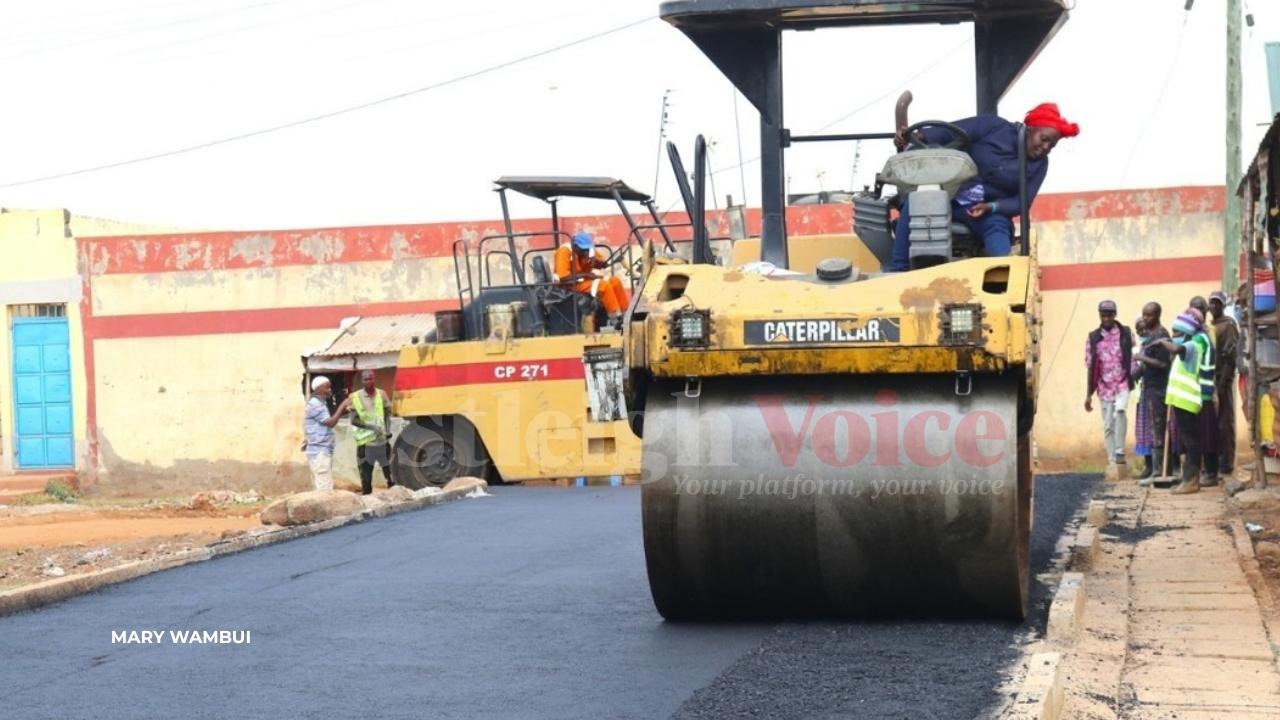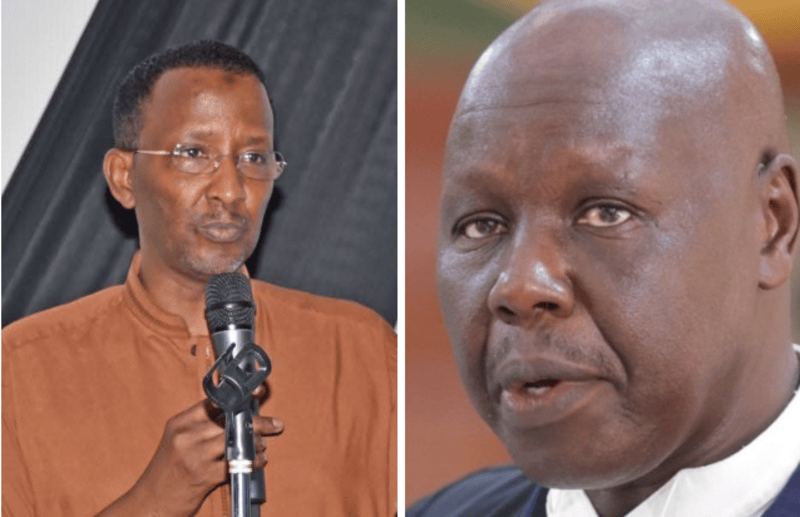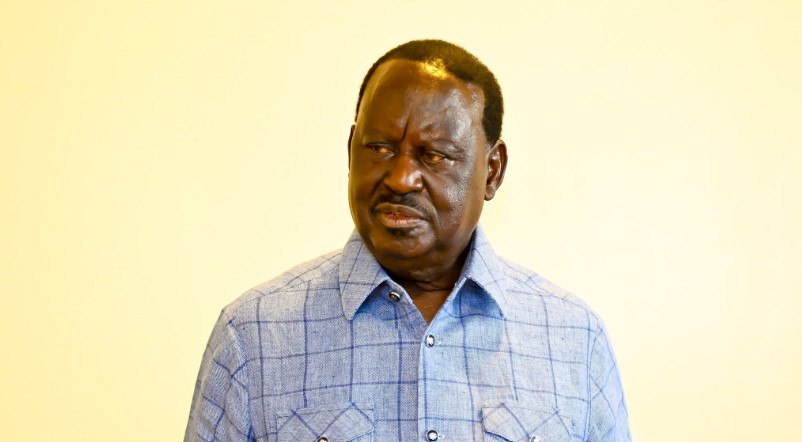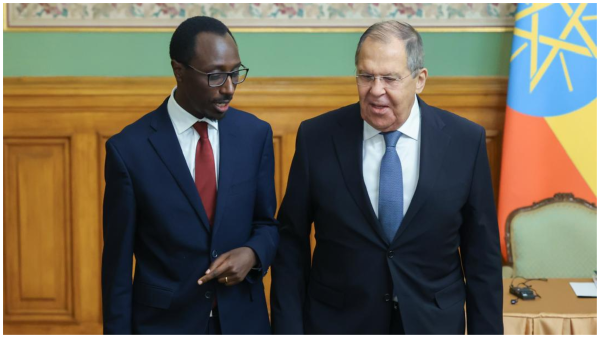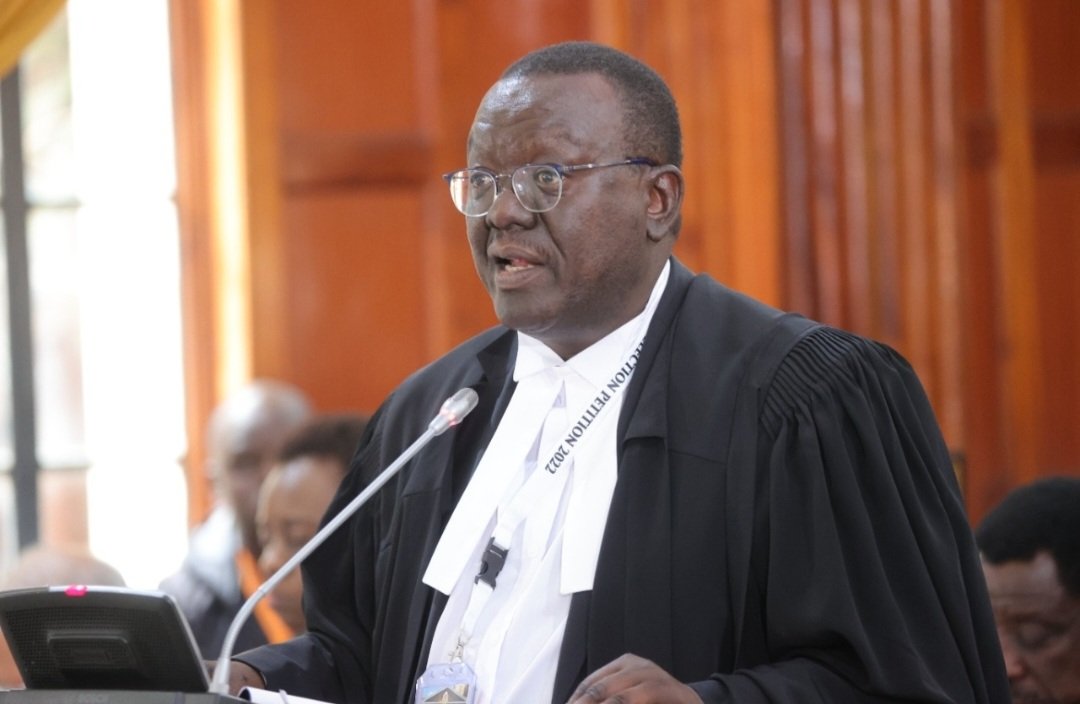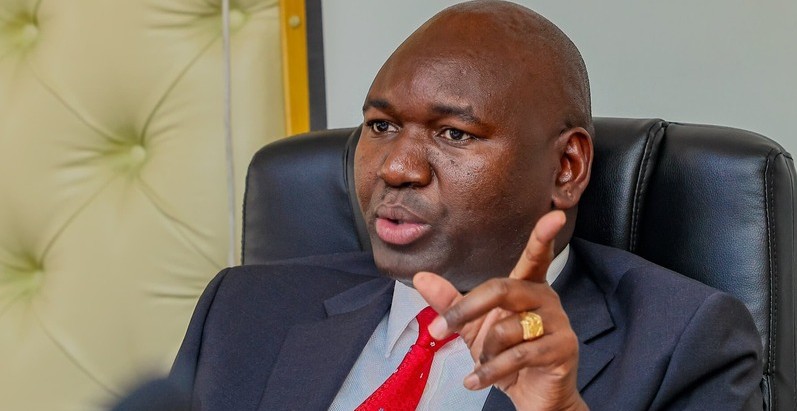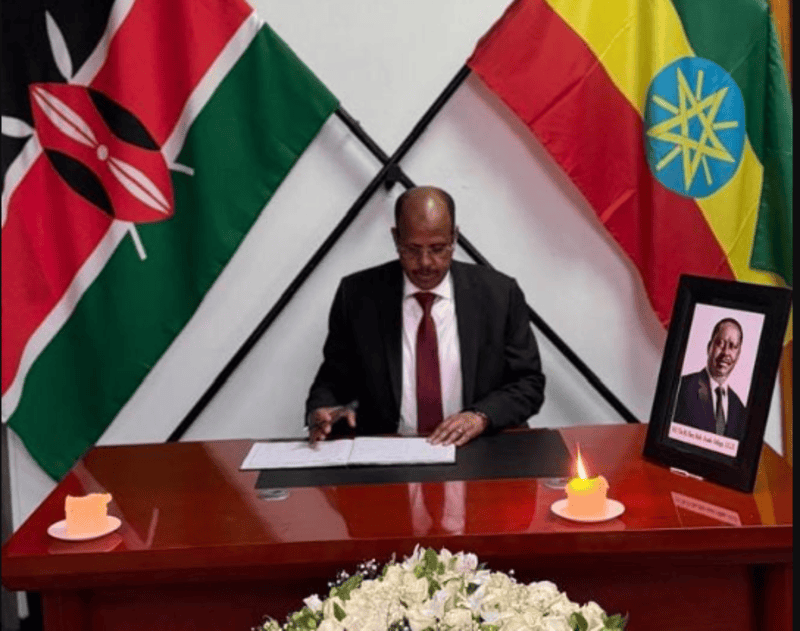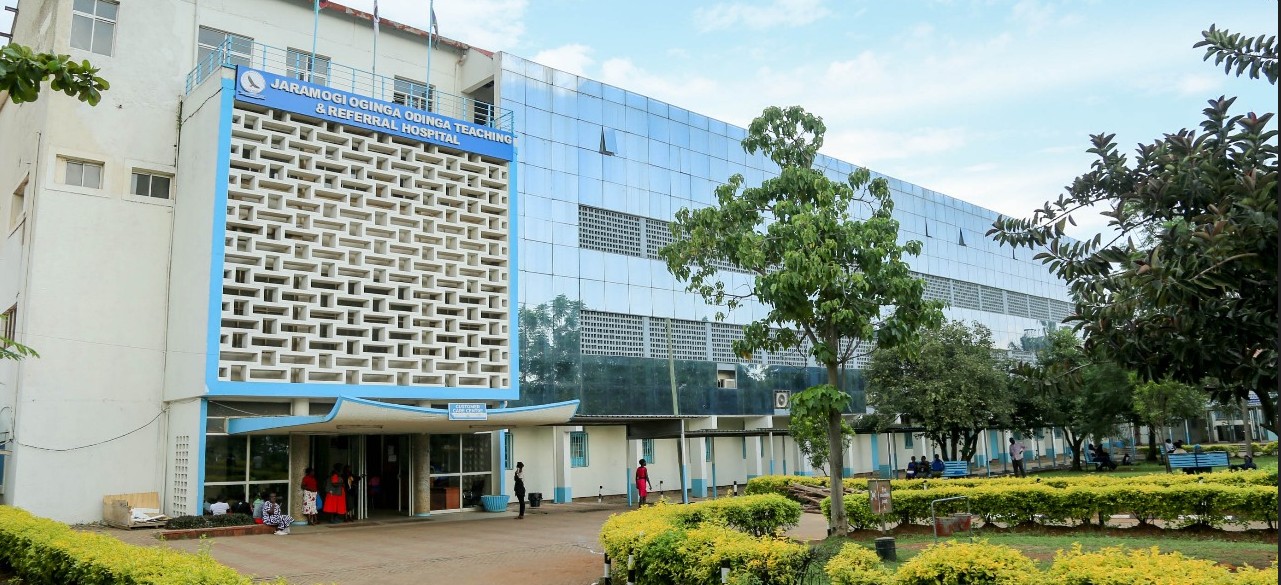Unions push for stand-alone junior schools, teachers cite stalled career growth
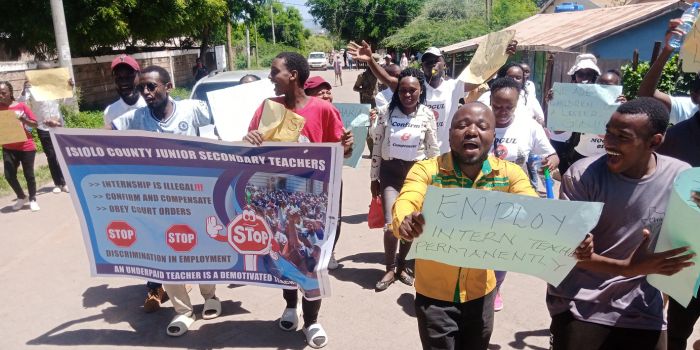
They want junior schools to be recognised as a stand-alone tier, separate from both primary and senior schools.
Junior school teachers and their unions are pushing for administrative independence, saying being placed under the management of primary schools has limited their professional growth and created unnecessary conflicts.
The Kenya Association of Junior School Teachers, together with the Kenya Union of Post-Primary Education Teachers (KUPPET), is leading the call for autonomy on behalf of more than 50,000 tutors.
More To Read
- Litein High School teachers demand transfer over safety fears, mistreatment
- TSC to send unemployed teachers overseas under new framework
- KNUT urges urgent release of funds, strengthening of school feeding programme in Garissa
- TSC urged to review junior secondary teacher management amid curriculum concerns
- Teachers slam TSC for barring union activities in schools during third term
- Kenyan teacher Jepkosgei Chemoiwa awarded 2025 African Union Continental Best Teacher
They want junior schools to be recognised as a stand-alone tier, separate from both primary and senior schools.
Association chairperson James Odhiambo questioned why primary school heads who are not qualified to handle junior school learners are in charge of supervising tutors trained for post-primary level.
“A good example is promotions. How can a headteacher, deputy head teacher or senior teacher, who does not even qualify to teach in junior school, supervise junior school teachers?” he asked as quoted by the Daily Nation.
He explained that the mismatch in qualifications has fueled tension between primary school administrators and junior school teachers.
“This often causes friction between junior school staff and the primary school administration,” Odhiambo said.
He added that the absence of a clear career progression structure has further disadvantaged junior school teachers, leaving many stuck without promotion opportunities.
Odhiambo noted that junior school tutors were specifically prepared to teach at post-primary level but are instead working in institutions where priority is given to primary-trained teachers.
“We are appealing to the Ministry of Education and the Teachers Service Commission to grant junior schools administrative autonomy, in line with the recommendations of the Presidential Working Party on Education Reform,” he said.
He further argued that junior schools have unique needs, since they are a transitional stage where learners begin career pathway-based learning.
“Junior school teachers are often sidelined because most of the staff within the current school structure are primary school teachers. Junior school is a transitional stage where learners begin career pathway-based learning. It requires special attention, which is not being given under the current system that treats junior schools as an extension of primary schools,” he said.
KUPPET Deputy Secretary-General Moses Nthurima also faulted the “comprehensive school” model, saying it lacks legal grounding.
“Kenyan education law only recognises pre-primary, primary, secondary and tertiary levels. So, where is the ministry getting the term ‘comprehensive school’? Under the Competency-Based Curriculum, junior school is meant to be part of high school or at the very least, operate distinctly from primary level,” he said.
He added that graduate teachers never expected to be under the authority of P1-trained teachers.
“When graduate teachers are subjected to supervision by P1 teachers, it contradicts their legitimate professional expectations. These teachers trained with the understanding that they would work alongside their peers in secondary schools,” Nthurima said.
But Kenya National Union of Teachers (KNUT) Secretary-General Collins Oyuu opposed the demand, urging tutors to accept the structure outlined in the education reforms.
“Do you know that 90 per cent of our head teachers are graduates? Many were graduates long before some of these teachers even entered the profession. In leadership, qualifications alone don’t count, experience does. Do they even have leadership experience?” he asked.
Oyuu said the reforms already settled the matter, noting that the Presidential Working Party on Education Reform established comprehensive schools covering grades 1 to 9, and senior schools for grades 10 to 12.
“Let’s stop making wild proposals. They are teachers and professionals; they should avoid activism,” he said.
Even so, the junior school teachers’ association vowed to keep pressing for autonomy and said it will continue engaging the ministry, TSC, and the public until junior schools are recognised as a distinct category in the education system.
Top Stories Today
